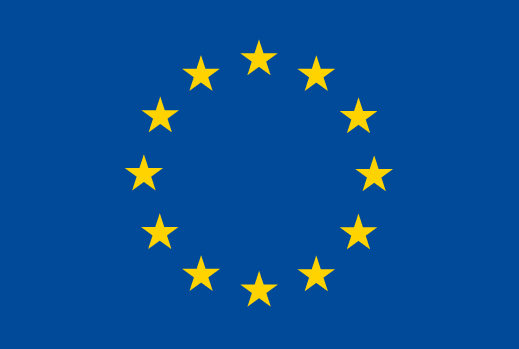Whilst the European Parliament was debating about a rather controversial own initiative report about copyright reform, struggling to find the compromises needed for a majority vote, the European Commission released on May 6 its new strategy to complete the Digital Single Market. The strategy suggests a large spectrum of initiatives to be completed by the end of 2016, meant to enhance access to online goods and services, boost competition, increase harmonisation and investment, as well as encourage innovation, research and digital skills. The overarching idea is to eliminate national fragmentation and barriers in the digital environment that are hampering the free movement of goods, services, persons and capital, similarly to what is already the rule in the physical world.
This ambitious work plan includes positive initiatives like promoting catalogues of European works on VOD platforms and assessing whether the scope of the rules in the Audiovisual Media Services Directive should be broadened to encompass new players in the digital economy; enhancing fair competition amongst online platforms and driving more transparency into their business models, or further clarifying the role of intermediaries in relation to copyright protected works, with a view to encouraging further responsibility and due diligence. Modernising the enforcement of IP rights is also a much welcome perspective.
Despite these encouraging proposals, EuroFIA is concerned about how measures to prevent “unjustified” geoblocking and enhance cross-border access to digital goods and services may impact on the sustainability of the audiovisual and film industry. Territorial licensing is essential in the European landscape to secure investment and protect cultural diversity. Whilst increased portability of access rights to legally acquired content is a welcome development, it is difficult to understand how “cross-border access to legally purchased online services” may be achieved “while respecting the value of rights in the audiovisual sector”, i.e. without breaking territoriality and thus drastically increasing the investment risk in the production and distribution of European films to the detriment of cultural diversity.
Whilst sharing the fact that “measures to safeguard fair remuneration of creators also need to be considered”, EuroFIA urges the Commission to provide greater clarity with respect to possible beneficiaries and to make sure that these measures will finally enable all performers to get a fair share of the revenues generated by the online exploitation of their work – as demanded by EuroFIA, FIM, AEPO-ARTIS and IAO in their joint campaign.
Read more about the new Commission DSM strategy here.





